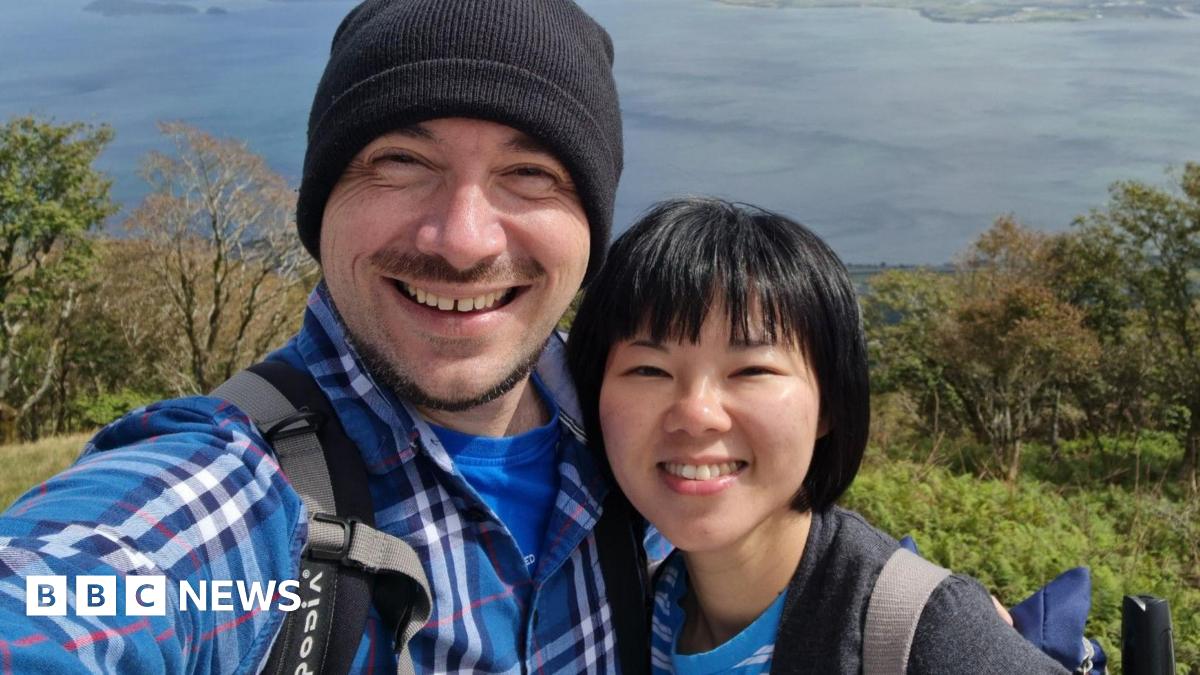Get the latest tech news
How the Binding of Two Brain Molecules Creates Memories That Last a Lifetime
An interaction between two proteins points to a molecular basis for memory. But how do memories last when the molecules that form them turn over within days, weeks, or months?
The question that has always held his attention was first articulated in 1984 by the famed biologist Francis Crick: How can memories persist for years, even decades, when the body’s molecules degrade and are replaced in a matter of days, weeks or, at most, months? In 2024, working alongside a team that included his longtime collaborator André Fenton, a neuroscientist at New York University, Sacktor offered a potential explanation in a paper published in Science Advances. Still, Glanzman emphasized that this study addresses some of the challenges of the synaptic model, such as molecular turnover and synapse targeting, by “providing evidence that KIBRA and PKMζ form a complex that is synapse-specific and persists longer than either individual molecule.”
Or read this on Wired
